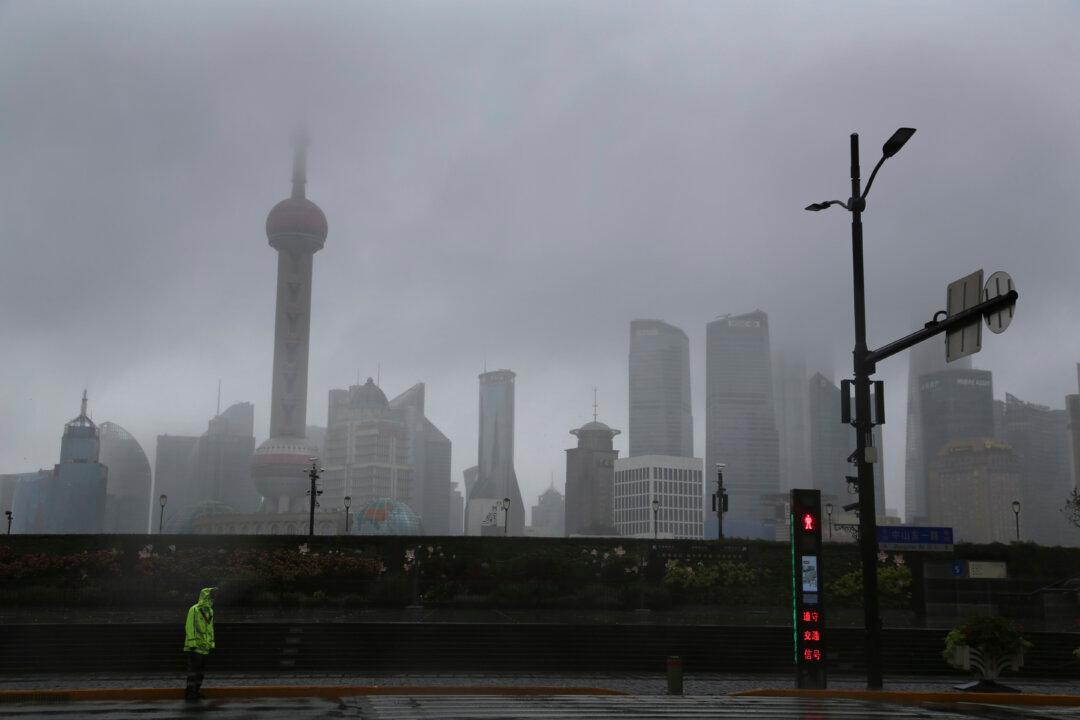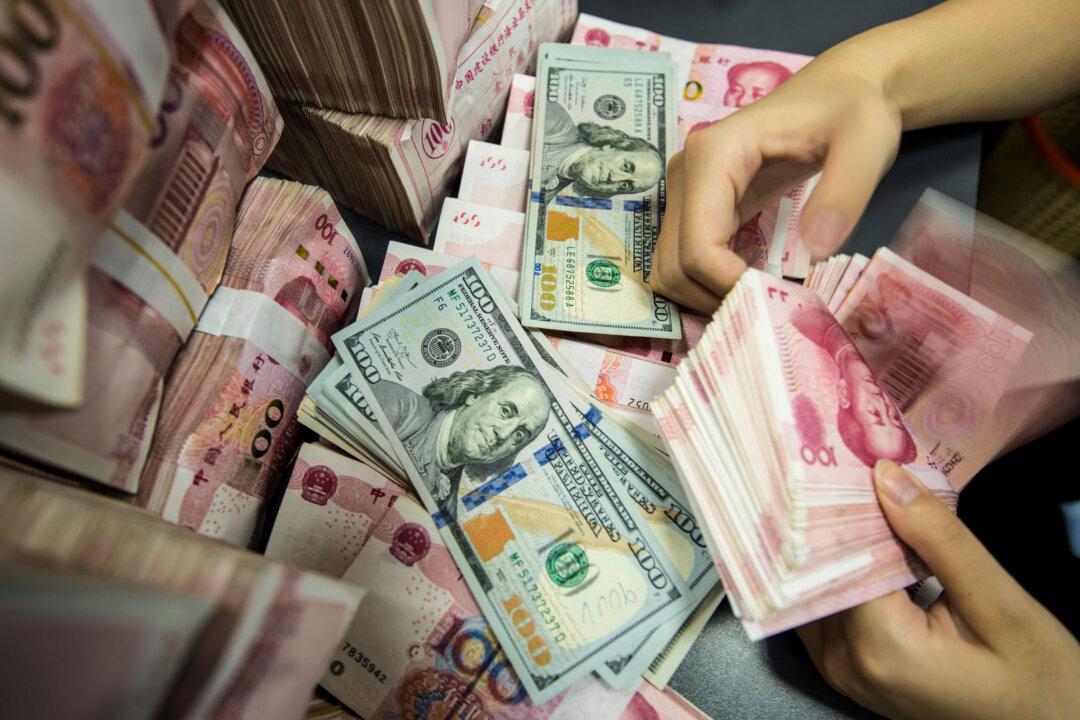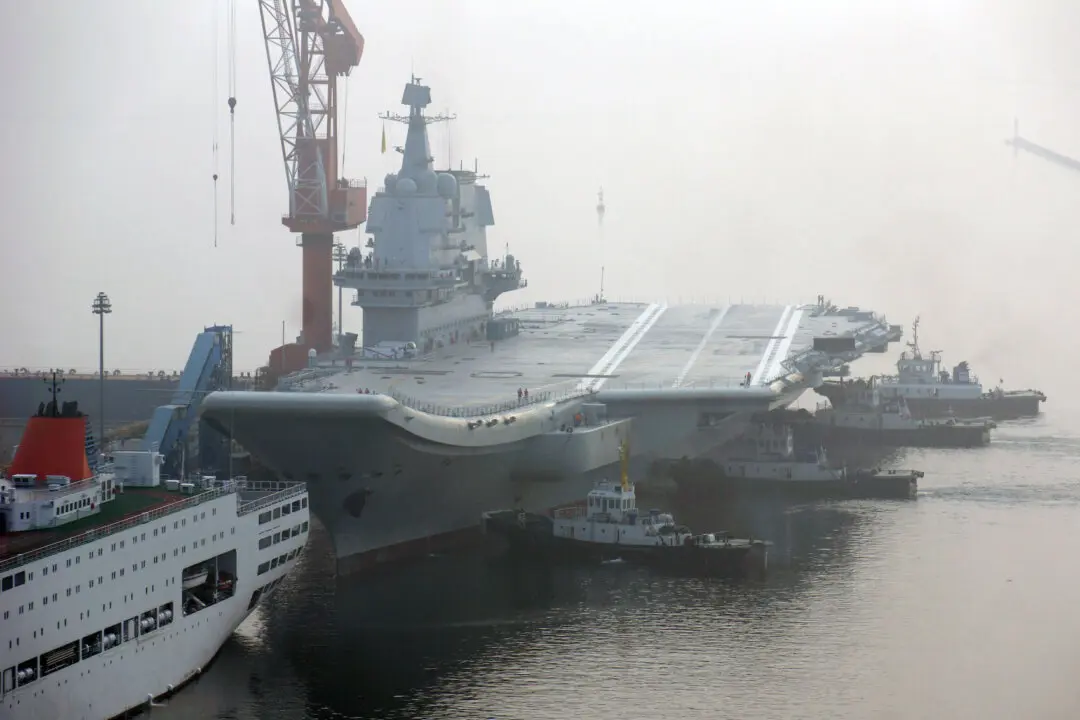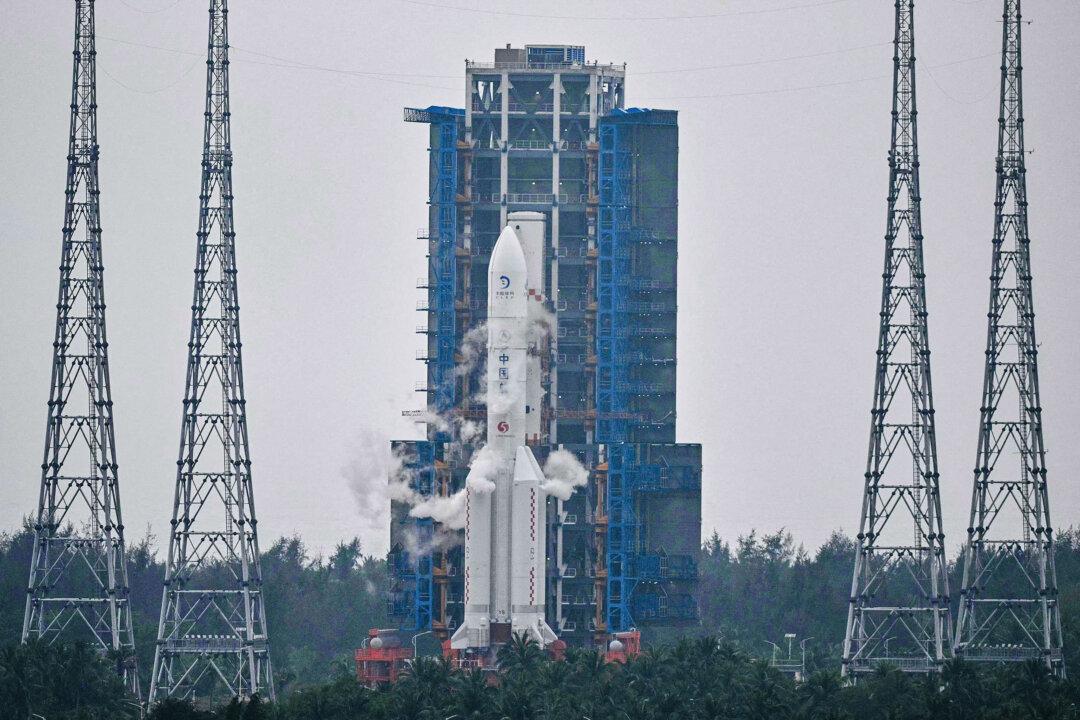News Analysis
The Chinese Communist Party (CCP) is launching investigations into the financial industry, triggered by a looming debt crisis and under the guise of anti-corruption. These investigations appear to be an indication that China is moving further from a market economy, while they also serve Xi Jinping’s personal goal of solidifying his power.





